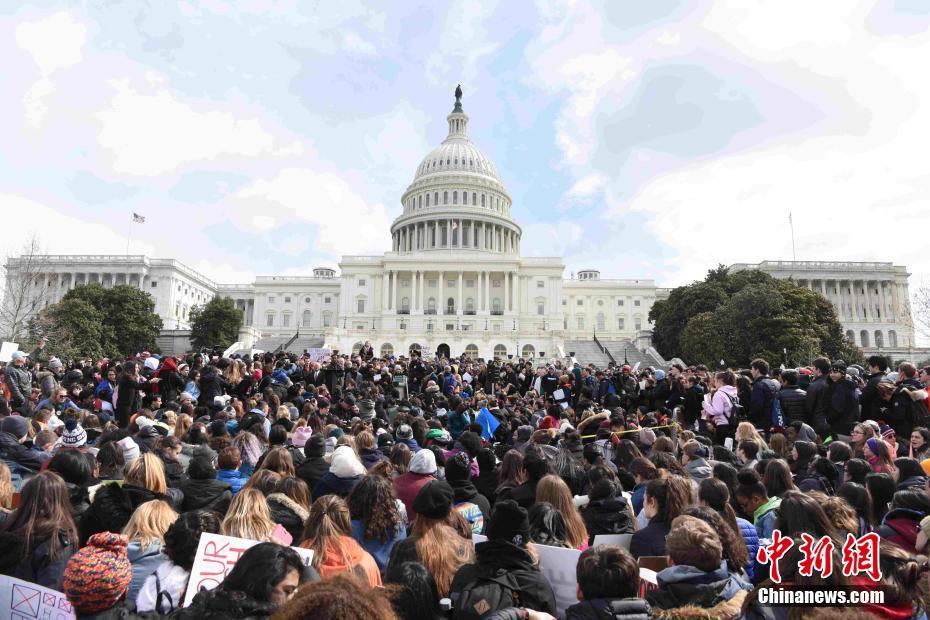
Short-term memory, long-term memory. Cognitive psychology regards memory as the process of coding, storing and extracting input information by the human brain. Memory is divided into three systems: instantaneous memory, short-term memory and long-term memory, which is based on the different ways of encoding, storing and extracting information, as well as the different length of information storage time.
What are the three memory systems: memory is also regarded as the process of the human brain encoding, storing and extracting input information, and according to the different ways of coding, storing and extracting information, as well as the different length of information storage time, memory is divided into instantaneous memory, short-term memory and long-term memory. A system.
What are the three memory systems? According to the different ways of encoding, storing and extracting information, and the different length of information storage time, memory is divided into three systems: instantaneous memory, short-term memory and long-term memory.
The three stages of memory are sensory memory, short-term memory and long-term memory. Sensory memory: Sensory memory refers to the information we receive through various sensory organs, such as vision, hearing, touch, taste and smell.
What are the three memory systems? According to the different ways of coding, storage and extraction of information, and the different length of information storage time, memory is divided into instantaneous memory, short-term memory and long-term memory. Remember the three systems.
The coding method of instantaneous memory, that is, the way instantaneous memory remembers information, is the image of external stimuli. Because the information of instantaneous memory is first registered in the sensory channel in the form of sensory images, instantaneous memory has a distinct image. The capacity of instantaneous memory is large, but the retention time is very short.
Perception is the cognitive process of giving meaning through information. ( 2) Working memory. It is the memory of processing and encoding information in the human brain within a minute. The holding time is about 5 seconds to 1 minute. Short-term memory also includes direct memory and working memory.

Weber's score), which is only applicable to medium-intensity stimuli, which is different from the Weber's score of sensory organs (2) Fechner's Law: 1860, using the differential threshold as the unit of sensation, a stimulus was measured. The difference threshold contained is believed to be the psychological intensity caused by this stimulus.
The concept of memory is the psychological process of accumulating, preserving and extracting individual experience in the mind.From storing into the brain to extracting and applying again, this complete process is collectively called memory.
Long-term memory refers to the memory maintained for more than a minute after external stimuli appear in a very short time. Features: The capacity of memory is unlimited, whether it is the type or quantity of information. Coding Semantic coding: Use words to process information and organize coding according to the meaning of the material.
Memory and memory process Definition: It is the reaction of past experience in the mind. Past experience refers to the perception of things, thinking about problems, the emotional experience caused by things, and the actions that have been carried out in the past. Function: It is the root of wisdom and the cornerstone of psychological development.
Binance download iOS-APP, download it now, new users will receive a novice gift pack.
Short-term memory, long-term memory. Cognitive psychology regards memory as the process of coding, storing and extracting input information by the human brain. Memory is divided into three systems: instantaneous memory, short-term memory and long-term memory, which is based on the different ways of encoding, storing and extracting information, as well as the different length of information storage time.
What are the three memory systems: memory is also regarded as the process of the human brain encoding, storing and extracting input information, and according to the different ways of coding, storing and extracting information, as well as the different length of information storage time, memory is divided into instantaneous memory, short-term memory and long-term memory. A system.
What are the three memory systems? According to the different ways of encoding, storing and extracting information, and the different length of information storage time, memory is divided into three systems: instantaneous memory, short-term memory and long-term memory.
The three stages of memory are sensory memory, short-term memory and long-term memory. Sensory memory: Sensory memory refers to the information we receive through various sensory organs, such as vision, hearing, touch, taste and smell.
What are the three memory systems? According to the different ways of coding, storage and extraction of information, and the different length of information storage time, memory is divided into instantaneous memory, short-term memory and long-term memory. Remember the three systems.
The coding method of instantaneous memory, that is, the way instantaneous memory remembers information, is the image of external stimuli. Because the information of instantaneous memory is first registered in the sensory channel in the form of sensory images, instantaneous memory has a distinct image. The capacity of instantaneous memory is large, but the retention time is very short.
Perception is the cognitive process of giving meaning through information. ( 2) Working memory. It is the memory of processing and encoding information in the human brain within a minute. The holding time is about 5 seconds to 1 minute. Short-term memory also includes direct memory and working memory.

Weber's score), which is only applicable to medium-intensity stimuli, which is different from the Weber's score of sensory organs (2) Fechner's Law: 1860, using the differential threshold as the unit of sensation, a stimulus was measured. The difference threshold contained is believed to be the psychological intensity caused by this stimulus.
The concept of memory is the psychological process of accumulating, preserving and extracting individual experience in the mind.From storing into the brain to extracting and applying again, this complete process is collectively called memory.
Long-term memory refers to the memory maintained for more than a minute after external stimuli appear in a very short time. Features: The capacity of memory is unlimited, whether it is the type or quantity of information. Coding Semantic coding: Use words to process information and organize coding according to the meaning of the material.
Memory and memory process Definition: It is the reaction of past experience in the mind. Past experience refers to the perception of things, thinking about problems, the emotional experience caused by things, and the actions that have been carried out in the past. Function: It is the root of wisdom and the cornerstone of psychological development.
Binance app download Play Store
author: 2025-01-25 15:46 OKX Wallet download
OKX Wallet download
524.67MB
Check OKX Wallet apk download latest version
OKX Wallet apk download latest version
717.54MB
Check Binance app download Play Store
Binance app download Play Store
459.35MB
Check Binance exchange
Binance exchange
172.56MB
Check OKX app
OKX app
199.87MB
Check Binance APK
Binance APK
389.99MB
Check OKX Wallet apk download
OKX Wallet apk download
428.87MB
Check Binance exchange
Binance exchange
465.43MB
Check Okx app download
Okx app download
942.22MB
Check OKX download
OKX download
997.85MB
Check Binance market
Binance market
276.41MB
Check Binance download Android
Binance download Android
418.37MB
Check Binance exchange
Binance exchange
455.17MB
Check OKX Wallet app
OKX Wallet app
243.87MB
Check okx.com login
okx.com login
338.83MB
Check Binance app
Binance app
429.67MB
Check Binance download
Binance download
962.74MB
Check OKX Wallet download
OKX Wallet download
594.67MB
Check Binance Download for PC Windows 10
Binance Download for PC Windows 10
917.62MB
Check Binance login
Binance login
212.48MB
Check Binance wikipedia
Binance wikipedia
212.82MB
Check Binance login
Binance login
812.96MB
Check OKX Wallet Sign up
OKX Wallet Sign up
497.46MB
Check Binance APK
Binance APK
394.41MB
Check Binance login
Binance login
556.73MB
Check Binance download APK
Binance download APK
538.51MB
Check OKX review
OKX review
246.55MB
Check Binance market
Binance market
535.52MB
Check OKX Wallet extension
OKX Wallet extension
171.93MB
Check Binance app
Binance app
317.19MB
Check Binance app
Binance app
125.52MB
Check Binance APK
Binance APK
469.15MB
Check Binance US
Binance US
445.58MB
Check OKX Wallet app download for Android
OKX Wallet app download for Android
597.32MB
Check Binance wallet
Binance wallet
311.99MB
Check Binance app
Binance app
111.27MB
Check
Scan to install
Binance download iOS to discover more
Netizen comments More
2694 不分玉石网
2025-01-25 16:57 recommend
797 好勇斗狠网
2025-01-25 16:50 recommend
1629 风雨不透网
2025-01-25 16:37 recommend
2762 八斗之才网
2025-01-25 15:36 recommend
1170 举世瞩目网
2025-01-25 15:12 recommend